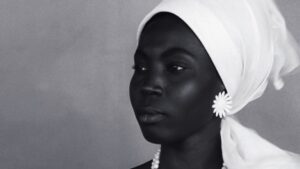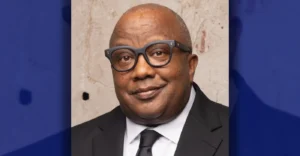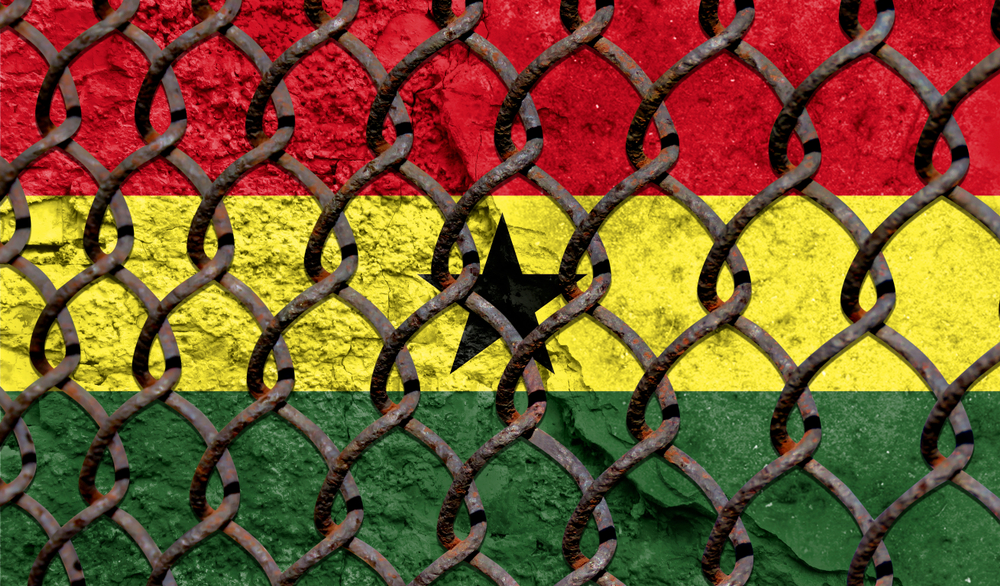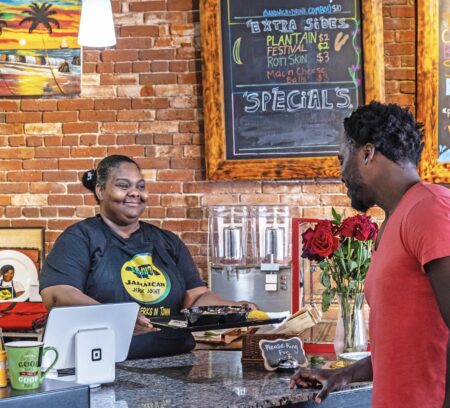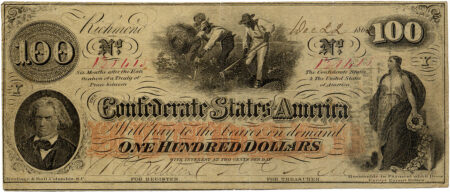West African deportees announced their plans to sue the government of Ghana over “unlawful detention.”
Eleven out of 14 deportees who were sent to Ghana from the U.S. announced that they will be taking legal action with lawyers for the deportees, claiming that their rights were violated. Their lawyer, Oliver-Barker Vormawor, said that their detention was illegal as they were held in a military camp.
The eleven deportees were reportedly held in a detention facility in the U.S. before they were deported through a military cargo aircraft to the camp on the outskirts of the capital, Accra. According to one of the deportees, who is originally from Nigeria, as of last week, he was sent to a hotel in Togo alongside five other people.
In their lawsuit, the lawyers formally asked the Accra court to block any move to send their clients to their home countries, arguing that they are at risk in those countries. Per the lawsuit, at least eight of the deportees were also given protection by U.S. immigration judges on account of the “risk of torture, persecutive or inhumane treatment.” The U.N. Human Rights Office, as a result, has called on Ghana to stop sending deportees from the U.S. to Mali, Liberia, Togo, Gambia, Nigeria, or other countries where there are “substantial grounds” that they would be “in danger of being subjected to torture,” according to the New York Times.
As of now, no Ghanaian government representative has commented on the lawsuit.
Earlier this month, Ghana’s Foreign Minister Samuel Okudzeto Ablakwa announced that the country would be taking in deportees based “purely on humanitarian principle and Pan-African empathy.”
Per Ablakwa, the agreement was made with the U.S. to prevent deportees from being sent to unsafe countries and is reportedly “not transactional.” The deal was also not approved by parliament. Per Ablakwa, he believed the agreement did not require approval from lawmakers, but would be able to be reviewed if it turned into “a full-blown agreement.”
“We didn’t agree to this because we agree with President Trump’s immigration policies. We are not doing the US a favor. We are doing our fellow Africans a favor,” said Ablakwa per DW. “We want to position Ghana as that country which has always been the Mecca of Africa.”
Many critics of the agreement, however, are speaking out against the deal, highlighting how it violates the United Nations’ 1951 Refugee Convention, the African Union’s Convention Governing the Specific Aspects of Refugee Problems in Africa, and Ghana’s own foreign policies. According to the country’s own constitution, along with agreeing to adhere to the U.N.’s and the African Union’s principles, the passage of Article 75 of the Constitution wills that any treaty, agreement, or any convention of any kind must be ratified by Parliament. The agreement must first be ratified internationally before being ratified domestically to ensure that it is considered domestic legislation.
While it has not been confirmed, it is believed that the deal might have been made to reverse previous visa restrictions on Ghana by the U.S. In 2019, the Department of Homeland Security announced that there would be sanctions on the country due to the Ghanaian government’s refusal to accept Ghanaian-national deportees from the U.S. Effectively, consular officers located in the country were ordered to stop handing out visas to select applicants.
In general, however, Ghana has maintained a beneficial relationship with the U.S.
Last year, an estimated $1.2 billion in products, such as crude oil, cocoa beans, liquor and butter, were exported to the U.S. alone. Although the specific number for the figure of import value coming into Ghana from the U.S. was not identified, the U.S. has been attributed with playing a huge part in developing Ghana’s services by increasing the number of ICT service providers, increasing the number of Ghanaians studying in the country as well as providing services, such as financial and legal services, to Ghana when it comes to their oil and gas sectors.
With the 15% U.S. tariff on exports, however, it is unknown how the market is currently being affected. Previously, all exports from Ghana were duty-free under the African Growth and Opportunity Act.
The U.S. and Ghana are also reportedly closely connected in addressing international security issues. The U.S. has also provided programs that focus on treating HIV and malaria in Ghana, working to reduce the number of deaths amongst pregnant women and newborns.
With their latest deal, Ghana is among five African nations that have agreed to accept U.S. deportees. Since July, over 40 deportees have been sent to Africa in total.
Along with South Sudan, Rwanda and Uganda have also reportedly agreed to take in deportees; for the latter, no deportations have been made yet.
Most recently, Eswatini announced that 10 migrants deported from the U.S. were accepted into the country this Monday. The deportees were sent to “the country’s correctional facilities” from the Louisiana-based Alexandria Staging Facility immigration detention center. They were reportedly “in good health” and were going through “admission processes.”
According to NBC, the international rights group Human Rights Watch has previously stated that documents exist showing that Eswatini will receive $5.1 million as part of an agreement that involves up to 160 deportees being sent there.

